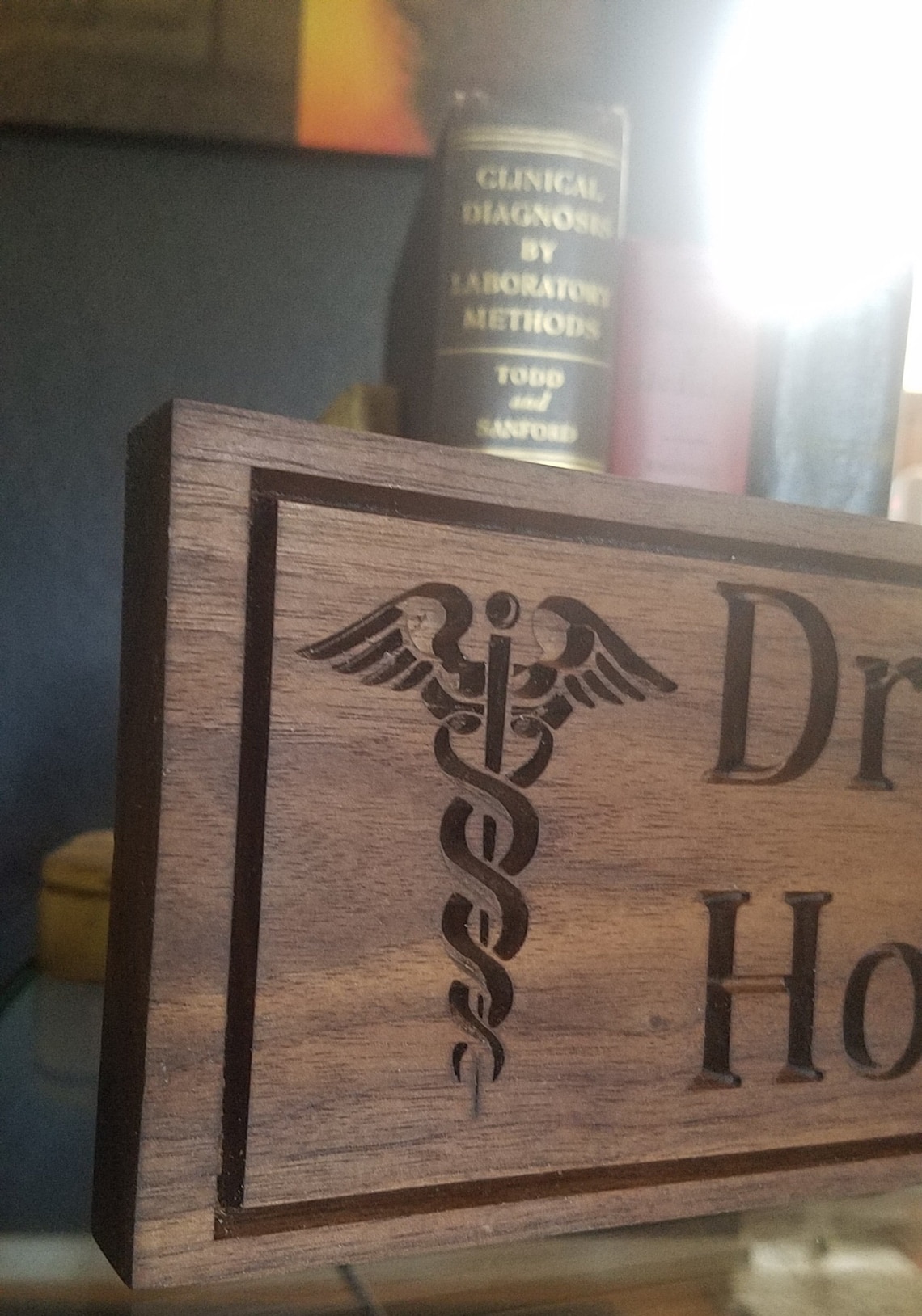Have you ever stopped to think about how we name things, or how titles shape our world? It’s pretty fascinating, actually, when you consider all the different ways we use words to identify people, places, and even ideas. This whole business of getting things just right, of giving something its proper label, is what we might call the spirit of Dr. Plates.
We often come across formal ways of addressing people, especially in academic settings, and it can feel a little bit like a secret code, can't it? Like, what does “Prof. Dr.” really mean, or why do some folks add extra "Dr." titles? It's all part of a bigger picture, a system that helps us understand who's who and what's what, so to speak. This careful attention to detail, that's the kind of thing Dr. Plates would appreciate, very much.
From how we list qualifications to the tiny marks that make an address correct, there’s a quiet importance to being exact. It’s not just about rules; it’s about clarity and respect. This exploration will, in a way, uncover some of the subtle but significant ways that precise naming and organization impact our daily interactions, almost without us realizing it. You know, it’s about the underlying structure of how we communicate.
Table of Contents
- What is Dr. Plates All About?
- Why Do Titles Matter with Dr. Plates?
- How Does Dr. Plates Help with Organization?
- Are Professional Titles Important to Dr. Plates?
What is Dr. Plates All About?
When we talk about "Dr. Plates," we're really talking about a way of looking at the world, a perspective that values accuracy and proper identification. It’s not a person with a name and a birthday, so to speak, but more of a guiding idea. Think of it as the spirit behind all those little details that make things clear and orderly.


